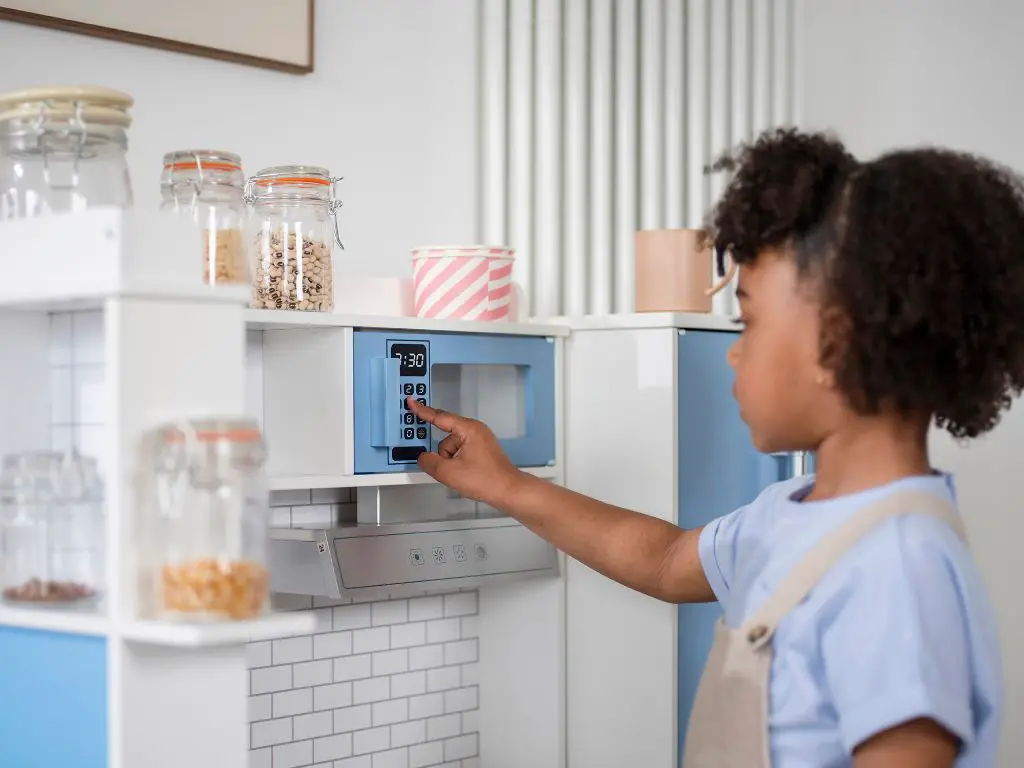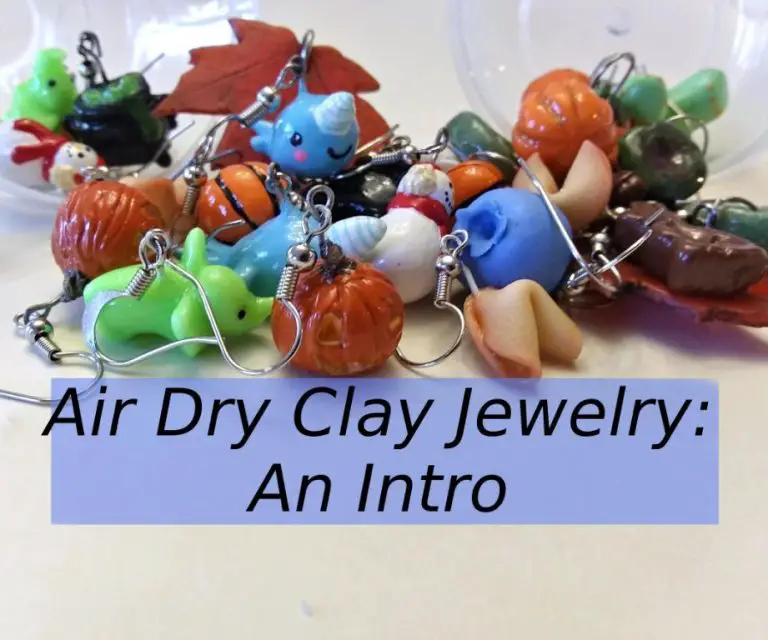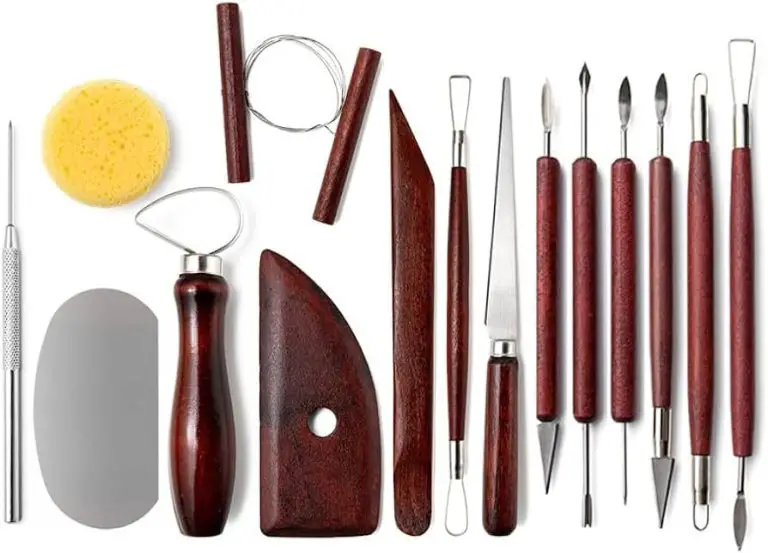Is It Worth Getting A Toy Kitchen?
A toy kitchen set is designed specifically for children to engage in pretend play activities like cooking, baking, and serving food. Toy kitchens come in various forms, from basic plastic play sets to more elaborate wooden kitchens with fake appliances, sinks, and utensils. The main purpose of a toy kitchen is to encourage imaginative play and develop a child’s social, cognitive, motor, and independence skills.
This article will explore the key question: Is it worth investing in a toy kitchen set for your child’s development and growth?
Cognitive Benefits
Toy kitchens provide various cognitive benefits that help develop a child’s mind. As children engage in pretend play with a toy kitchen, they exercise their memory by recalling cooking processes, ingredients, and meal planning. Switching between different roles, such as server, chef, and customer, requires children to flex their working memory and track complex scenarios. This strengthens their overall memory capacity (https://averyandruth.com/blogs/mindful-bonus/9-unexpected-benefits-of-unstructured-kitchen-play).
Toy kitchens also promote problem-solving skills. As pretend chefs, children must figure out how to combine ingredients, follow recipe steps, and cook food. When challenges arise, such as a pretend stove not turning on, children must creatively troubleshoot solutions. Overcoming these obstacles encourages critical thinking and cognitive flexibility (https://blog.step2.com/2020/10/top-4-cognitive-benefits-of-play-kitchens.cfm).
In addition, the open-ended nature of toy kitchen play fosters creativity and imagination. Children are free to invent novel recipes, experiment with unconventional food combinations, and role-play elaborate dining scenarios. This type of unstructured play promotes divergent thinking and idea generation (https://www.plumplay.co.uk/blog/8-benefits-of-play-kitchens-for-children/).
Through engaging cognitive processes like memory, problem-solving, and creativity, toy kitchens provide children with an ideal avenue to develop and exercise their minds.
Language Skills
Kitchen roleplay promotes communication skills in children by encouraging conversation, storytelling, and vocabulary building. As children engage in pretend play with toy kitchens, they talk to themselves, explain what they are doing, and have conversations with others (How to Use a Kitchen Play-set to Encourage Language Skills). The conversational nature of kitchen roleplay provides opportunities for children to practice using language. They learn to take turns speaking, respond appropriately, and expand their vocabulary through exposure to new words related to cooking and food (Why we love toy kitchens!). Additionally, the imaginative scenarios enacted during kitchen roleplay promote storytelling as children create narratives around cooking meals, going shopping, and serving food. Through these experiences, toy kitchens give children a fun and engaging platform to develop stronger language and communication abilities.
Social Skills
Playing with a toy kitchen provides many opportunities for children to develop essential social skills like sharing, cooperation, and empathy. When multiple children use the kitchen together, they learn to take turns, share toys and materials, and communicate to coordinate play. Studies show that pretend cooperative play, like running a pretend restaurant together, helps children learn to negotiate, compromise, and see others’ perspectives. According to Plum Play, role playing with friends in an imaginary kitchen teaches children empathy, as they act out roles and learn to understand different points of view. The back-and-forth conversations and interactions using kitchen toys also build language skills. Overall, the social nature of shared kitchen play teaches crucial social-emotional abilities.
Motor Skills
Playing with a toy kitchen helps children develop fine motor skills through pretend cooking and meal preparation. Tasks like pretending to slice ingredients, stir food in a pot, open and close cabinets, pour tea, flip pancakes, and more all involve precise finger and hand movements that build dexterity and coordination. As kids grasp kitchen tools and turn knobs, they strengthen muscles needed for later writing and other fine motor activities according to sources like Plum Play and Target. Toy kitchen sets designed for toddlers and preschoolers often include pieces sized for little hands to help develop these abilities through imaginative role play.

Independence
A toy kitchen helps children develop self-help skills and gain independence through imaginative play. As children pretend to cook meals, they learn skills like following recipes, measuring ingredients, using kitchen tools, setting the table, and cleaning up after themselves. These types of activities teach sequencing, organization, focus, and responsibility. According to Avery and Ruth, “When children engage in kitchen play, they gain confidence in their abilities to complete tasks, follow instructions, and do things for themselves.”
Allowing kids to take the lead during kitchen play encourages them to be self-directed. The blog Tiny Land notes that “Giving them space to explore teaches them about autonomy.” Children gain a sense of achievement when they can successfully follow a recipe from start to finish. Dramatic play builds self-esteem as kids act out real-life roles and situations.
Overall, a toy kitchen provides a safe space for children to mimic activities they see adults doing in the real kitchen. As they pretend to prepare meals, kids gain independence and a hands-on learning experience. These benefits carry over into real-world scenarios, priming them for helping in the kitchen when they get older.
[https://averyandruth.com/blogs/mindful-bonus/9-unexpected-benefits-of-unstructured-kitchen-play]
Promoting Inclusion with Toy Kitchens
The classic toy kitchen has commonly been marketed almost exclusively to girls and young women. However, toy kitchen sets can provide enriching benefits for all kids, regardless of gender. According to Think or Blue, “there are no girl toys or boy toys, not even kids play kitchens.” [1] Avoiding restrictive gender stereotypes with toys allows children the freedom to explore their curiosities and interests without limitation.
Parents wishing to gift a toy kitchen set to a daughter may worry about reinforcing limiting gender norms. However, as described in an advice column in The Washington Post, these playsets allow kids to engage in nurturing roleplay and creative experimentation that should not be restricted by gender. [2] Rather than deny children toys associated with gender stereotypes, parents can proactively provide an array of options to match their child’s developing personality.
By ensuring boys also have access to toy kitchens, parents and educators can promote inclusion and diversity. All children can benefit from experiential learning surrounding food preparation and nurturing play. With some mindfulness, toy kitchen sets can help kids develop key social-emotional skills without restrictive gender stereotyping.
[1] https://thinkorblue.com/play-kitchen/
[2] https://www.washingtonpost.com/advice/2023/12/04/ask-amy-toy-kitchen-daughter/
Safety
When choosing a toy kitchen, it is crucial to consider safety and ensure all materials used are non-toxic. Some key things to look out for are:
- Make sure there are no small detachable parts that could pose a choking hazard for young children (under 3 years old). According to the U.S. Consumer Product Safety Commission (CPSC), toys with small parts should not be given to children under age 3. CPSC guidelines recommend following ASTM F963 standards.
- Opt for toy kitchens made from non-toxic materials like wood, plastic, or stainless steel. Avoid toy kitchens coated in lead paint or made from materials that could leach chemicals.
- Be cautious of toy food items that look too realistic. Choose plastic fruits/veggies or other non-food representations to avoid choking hazards.
- Supervise play and teach kids proper toy kitchen safety. Explain that toy appliances are not real and should not be played with near water or heat sources.
Following toy safety guidelines and choosing age-appropriate materials ensures kids can enjoy pretend play safely.
Top Toy Kitchens
When choosing a toy kitchen for your child, there are many high-quality options to consider. Here are reviews of some of the top toy kitchens currently on the market:
KidKraft Ultimate Corner Wooden Play Kitchen
This spacious wooden play kitchen features a stove, oven, microwave, fridge, freezer, and sink. There is ample counter space and storage, as well as accessories like play food, pots, pans, dishes, and utensils. Parents love the high-quality wood construction. This kitchen promotes imaginative play and is suitable for kids aged 3 and up.
Step2 Grand Walk-In Kitchen and Grill
With a spacious walk-in kitchen design, this plastic playset allows kids to actually go inside and roleplay. It comes with cabinets, storage, a grill, oven, sink, and phone. The attention to detail on accessories like the frying pan and plates is impressive. This lifelike kitchen encourages interactive and cooperative play for ages 2 and up.
Melissa & Doug Chef’s Pretend Play Food Cart
This wooden food cart on wheels provides kids with a compact, portable toy kitchen. It comes loaded with toys like a skillet, pots, play food, and more. The cart folds up for easy storage. Parents say this sturdy cart handles active toddler play well. It promotes hands-on learning and imaginary play for kids 18 months and older.
Conclusion
Based on the information provided in this article, toy kitchens offer substantial benefits for a child’s development and are absolutely worth getting.
A toy kitchen allows a child to develop crucial cognitive, social, motor, and independence skills through imaginative role-play. As they cook and serve pretend meals, children improve their language, creativity, dexterity, coordination, and self-confidence.
Toy kitchens provide a safe space for children to explore adult roles and gain competence, without the dangers of a real kitchen. The experiences in a toy kitchen will prepare them for future independence and real-world responsibilities.
High quality, well-designed toy kitchens engage a child’s curiosity and creativity for hours of developmental play. With the many benefits a toy kitchen offers, it is certainly worth investing in one for the precious little chefs in your life.






